PR 30/19 | Malta Chamber and Kamra tal-Periti agree to collaborate further
The Malta Chamber of Commerce, Enterprise and Industry and the Kamra tal-Periti have signed a memorandum of understanding on Monday, with the aim to enhance collaboration between the two organisations.
By virtue of this agreement, the Malta Chamber and the Kamra tal-Periti have agreed to co-operate actively on matters of national economic policy of common interest to the business community and the architecture and civil engineering profession. To this end, the parties may assist and provide each other with expertise in relevant areas.
Moreover the parties shall engage in a meaningful dialogue with a view to support each other on a policy level.
“The Memorandum of Understanding being signed with the Kamra tal-Periti, is the latest in a series of collaboration agreements the Malta Chamber has entered with strategic organisations, in a bid to provide members with a stronger network of support” said Malta Chamber President Perit Xuereb ahead of the signing. “The agreement shall provide a formal environment within which the two organisations will be able to forge a strong relationship for the benefit of members from both sides. I am keen to see the fruit of such a relationship”
Perit Simone Vella Lenicker, President of the Kamra tal-Periti, stated that this Agreement marks an important milestone in the history of the Kamra, which will be celebrating its centenary next June. She remarked that “The Kamra and the Malta Chamber are aligned on a number of levels, most importantly in terms of ethical standards and the drive to promote economic growth – in this sense we will be working closely to ensure that the industry in general, and specifically the profession, contribute towards the Maltese economy in a sustainable manner that is respectful of the nation’s social, economic and environmental needs.”
The agreement was signed by President Perit David Xuereb and Deputy President Ms Marisa Xuereb on behalf of the Malta Chamber and President Simone Vella Lenicker and Vice President & Treasurer Andre Pizzuto on behalf of the Kamra tal-Periti.
The Malta Chamber of Commerce, Enterprise and Industry is the independent voice of the private sector in Malta. Its principal mission is to actively represent companies from all economic sectors and ensure that entrepreneurs enjoy the best competitive environment and regulatory conditions possible for the conduct of business. The Chamber was set up in 1848, and is the longest established Social Partner in Malta. It is the only Employer organisation that is recognised by the Laws of Malta (Commercial Code Cap 13).
The Kamra tal-Periti traces its roots to the former Chamber of Architects which was established in 1920 to serve as a body for the self-regulation of one of the oldest established professions. The Kamra is somewhat unique amongst similar professional organisations in Malta since its regulatory remit and functions arise from specific Legislation (Subsidiary Legislation 390.01). The Kamra’s mission is to support members of the profession in achieving excellence in their practice of architecture and engineering in the interest of the community.

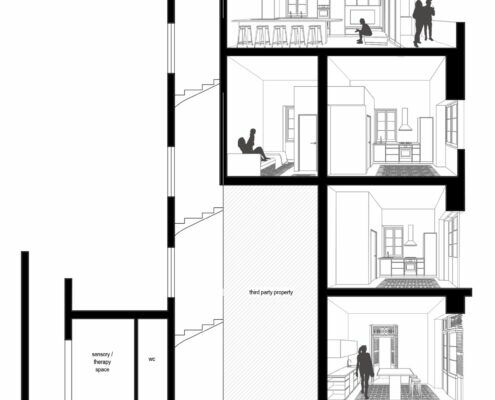
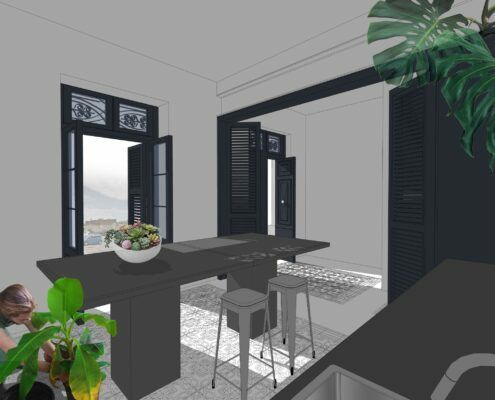
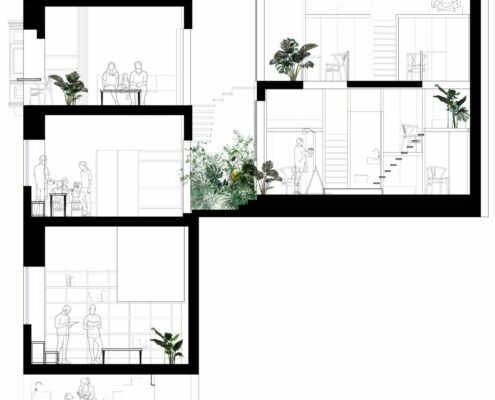
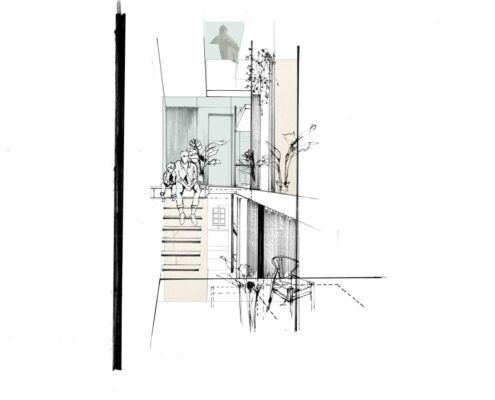

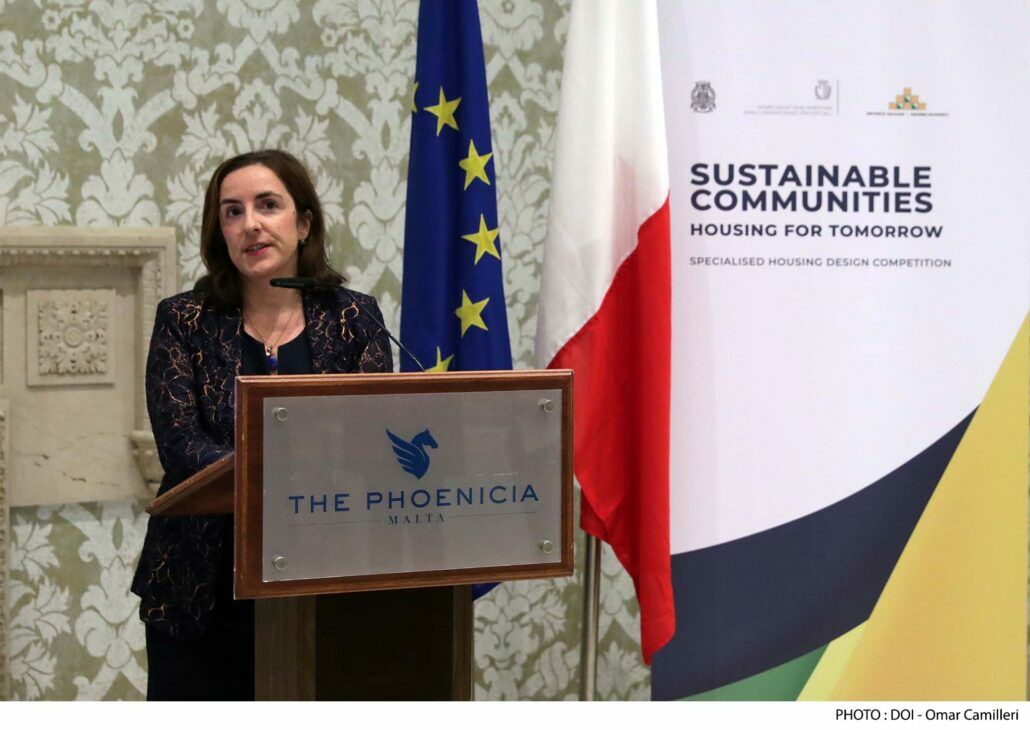
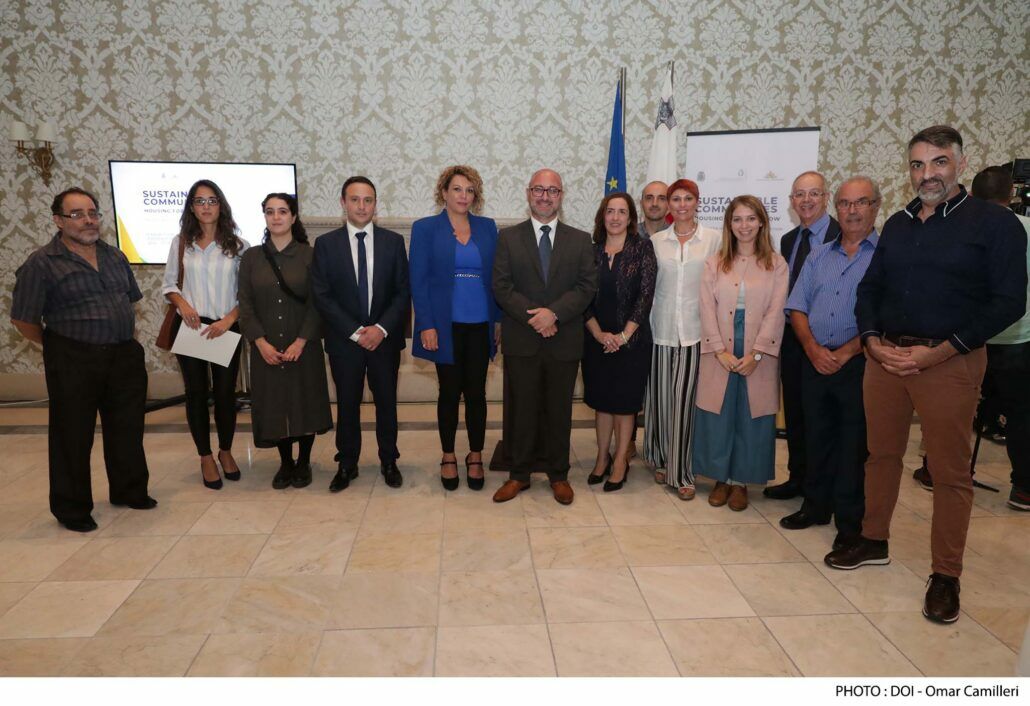
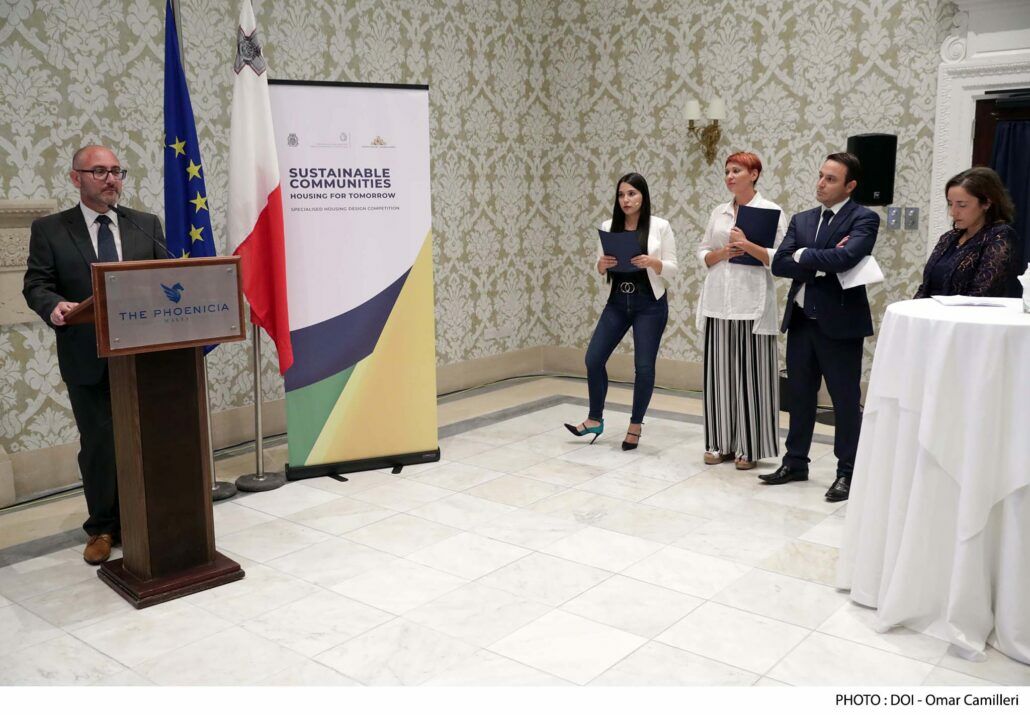
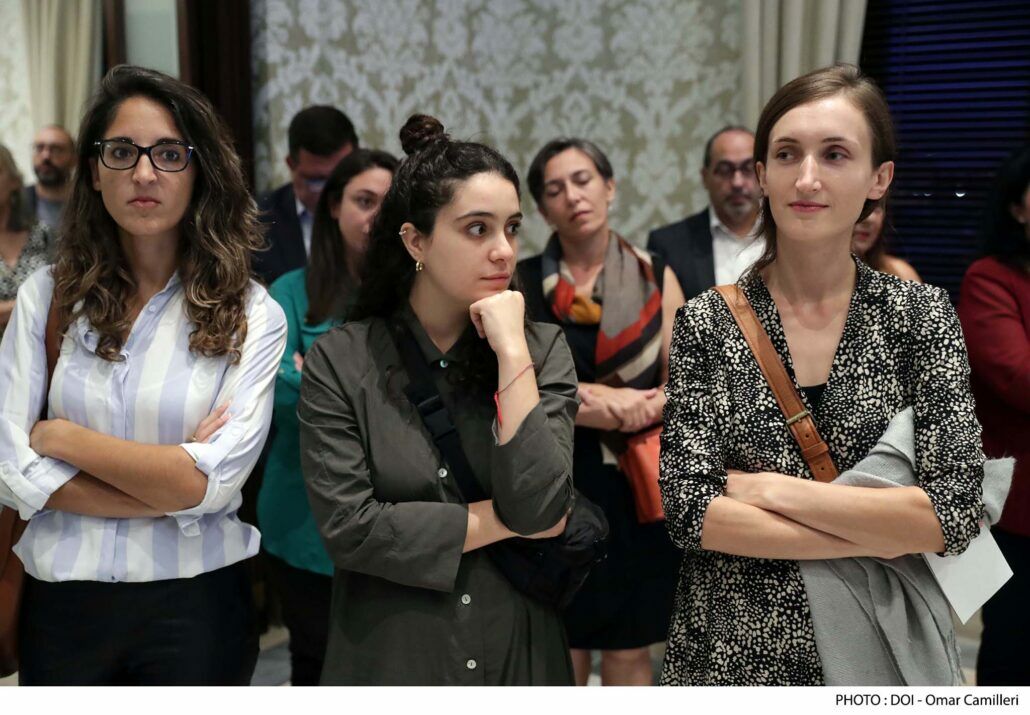
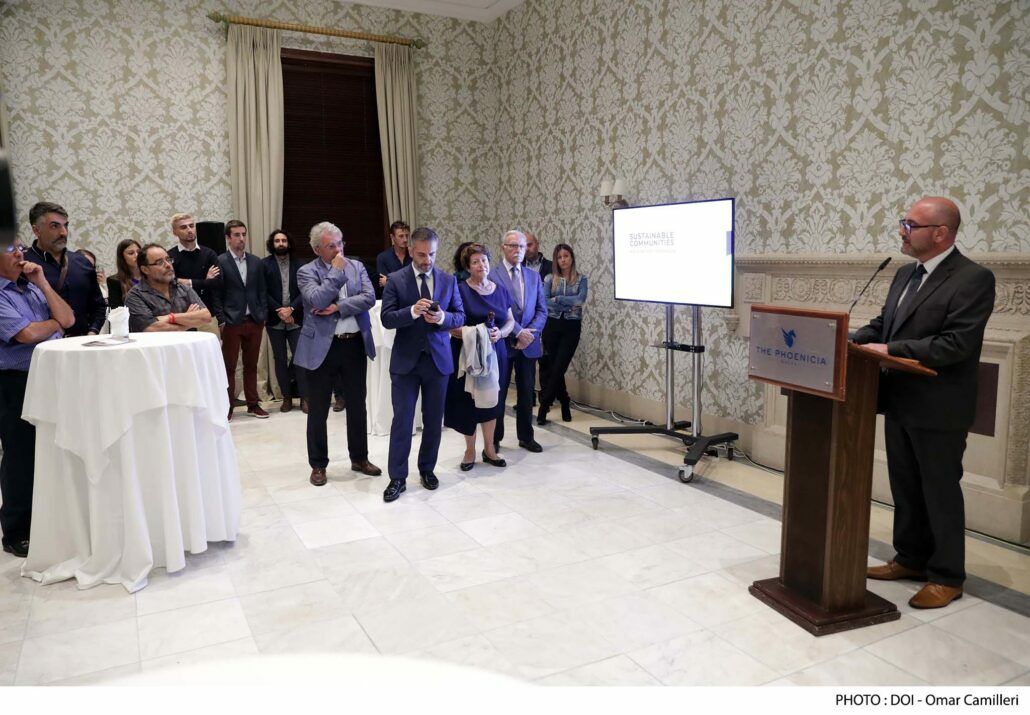
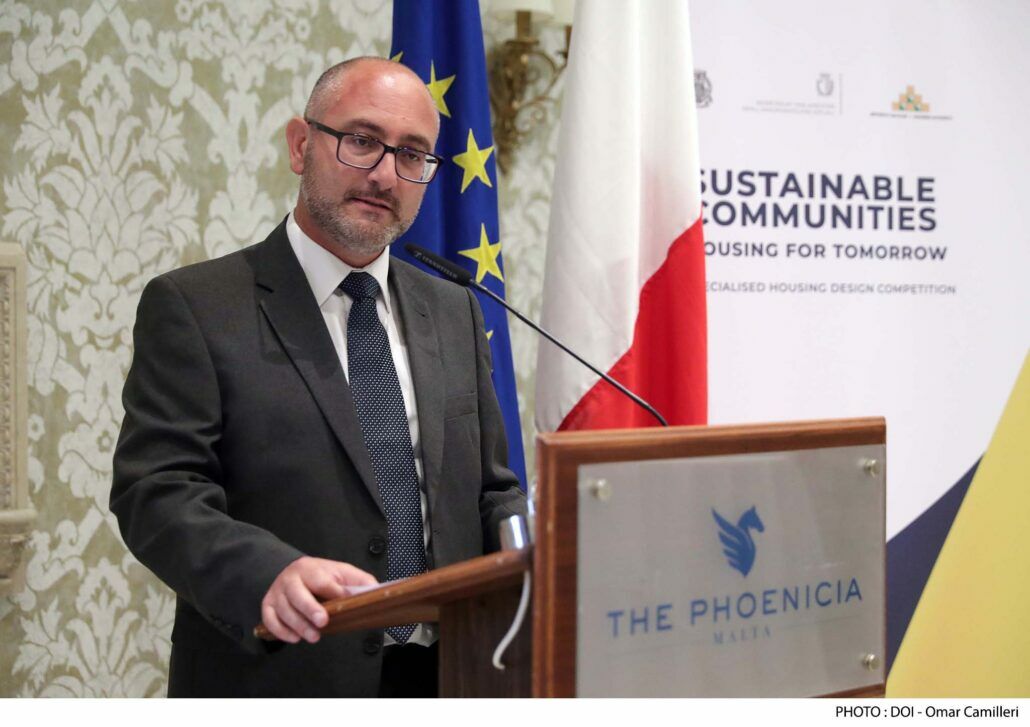

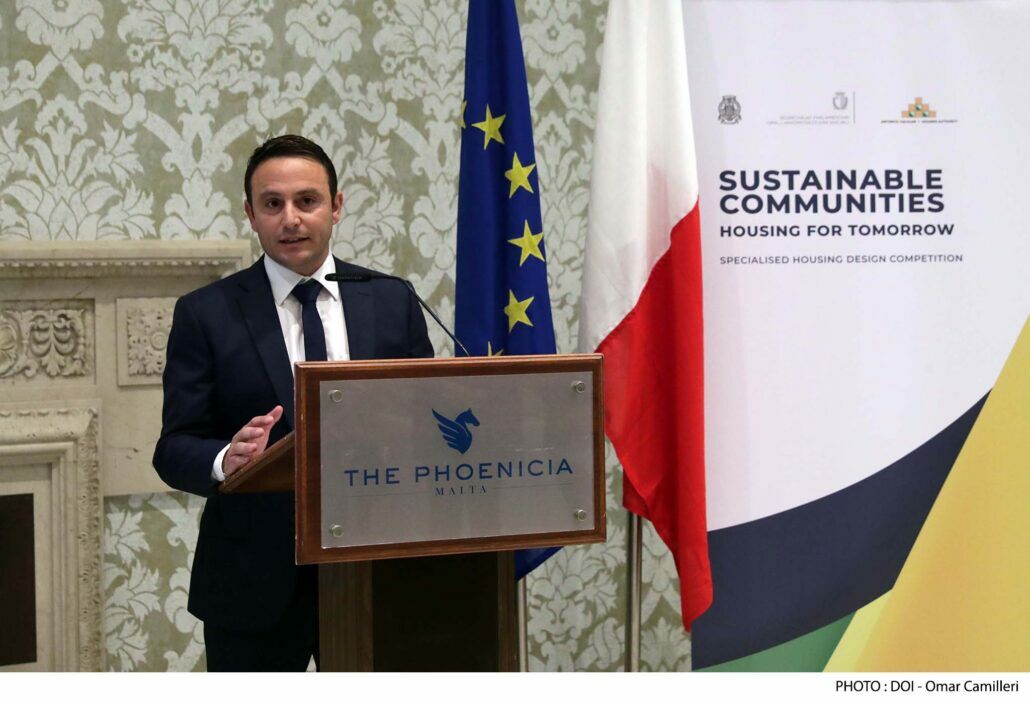
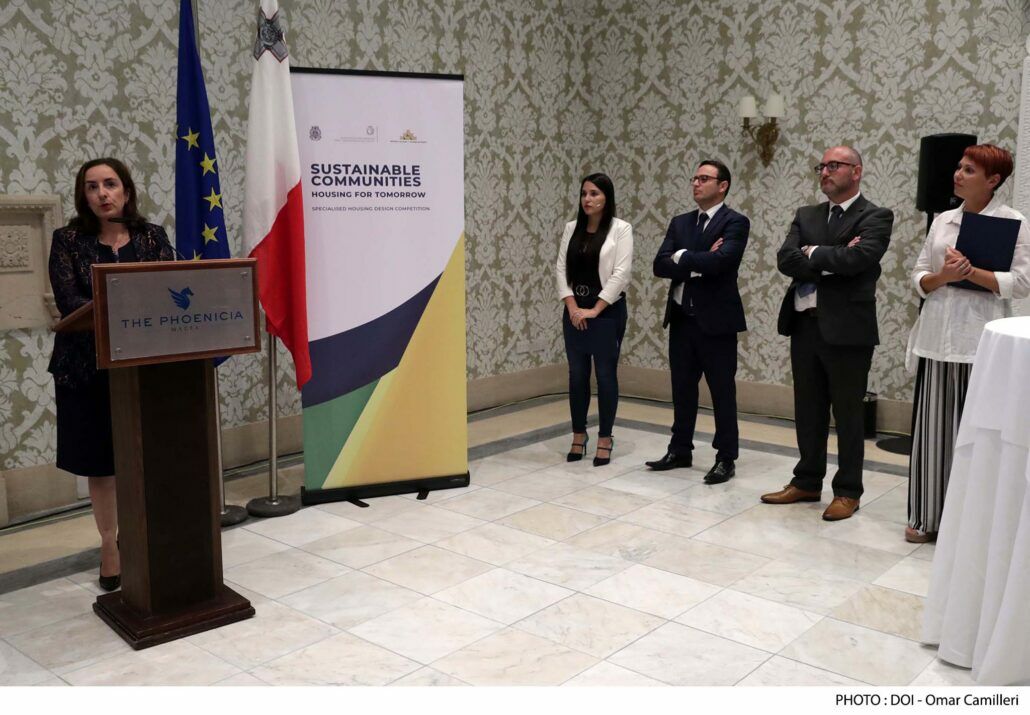
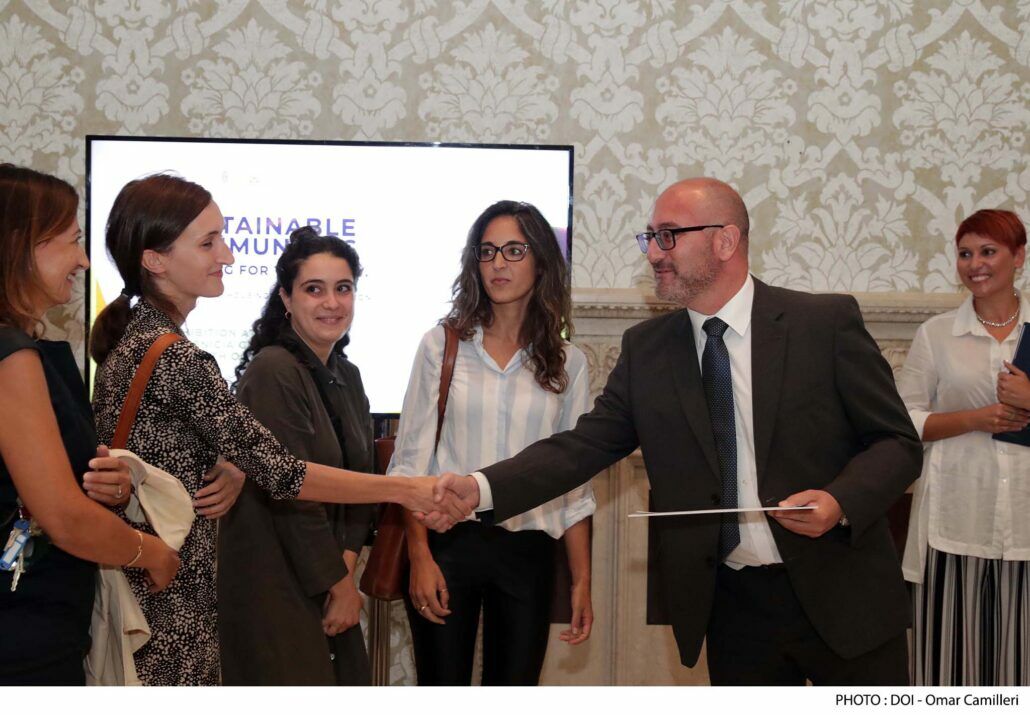

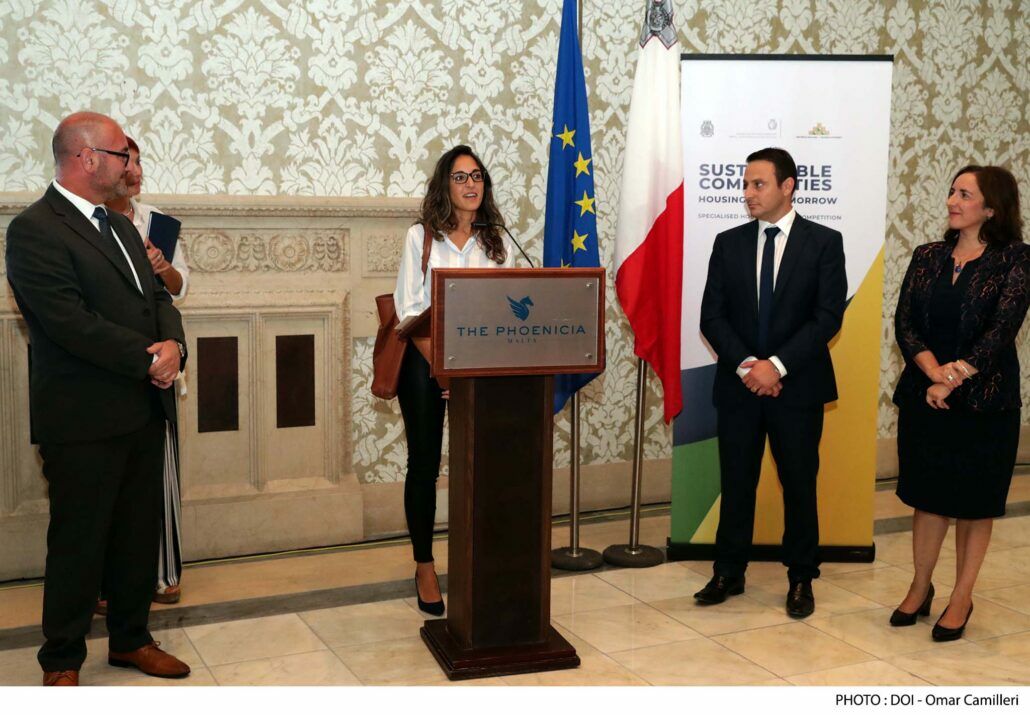
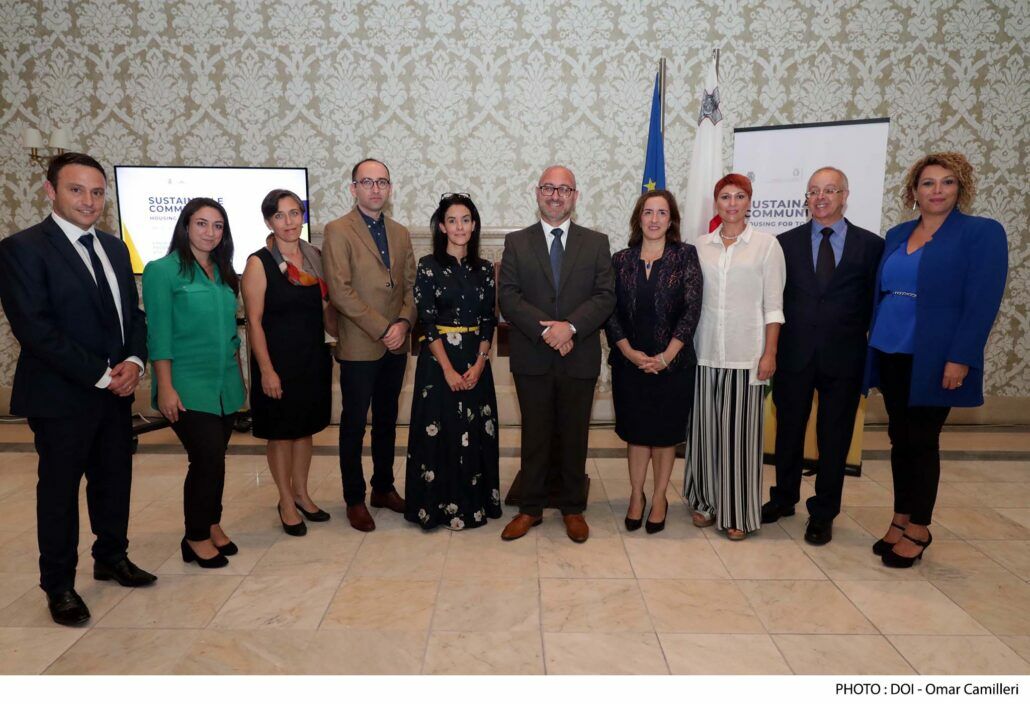
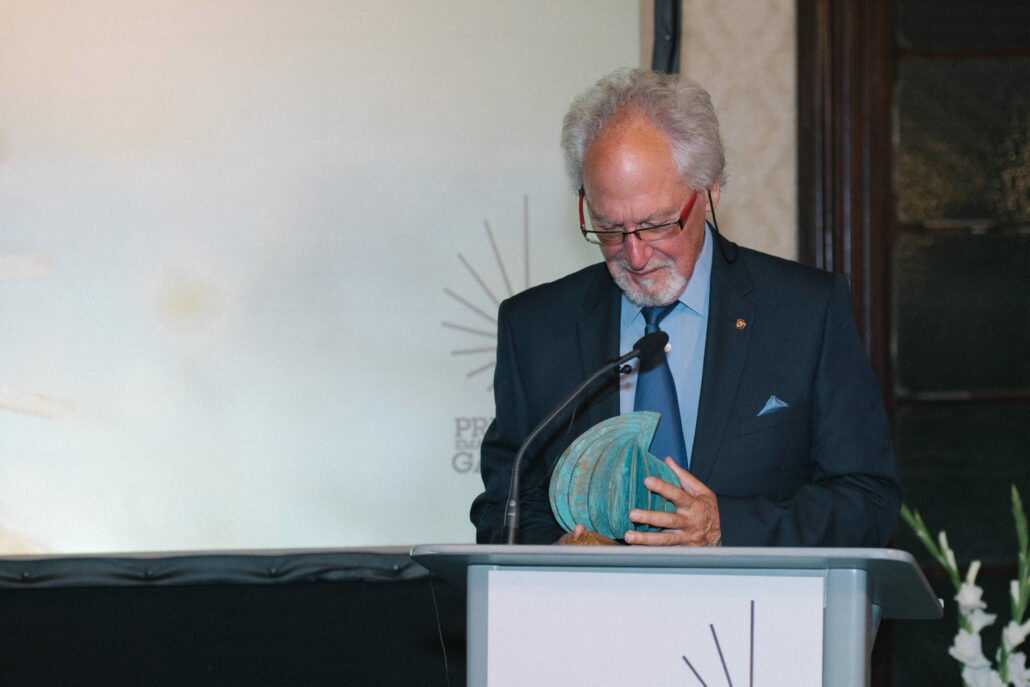
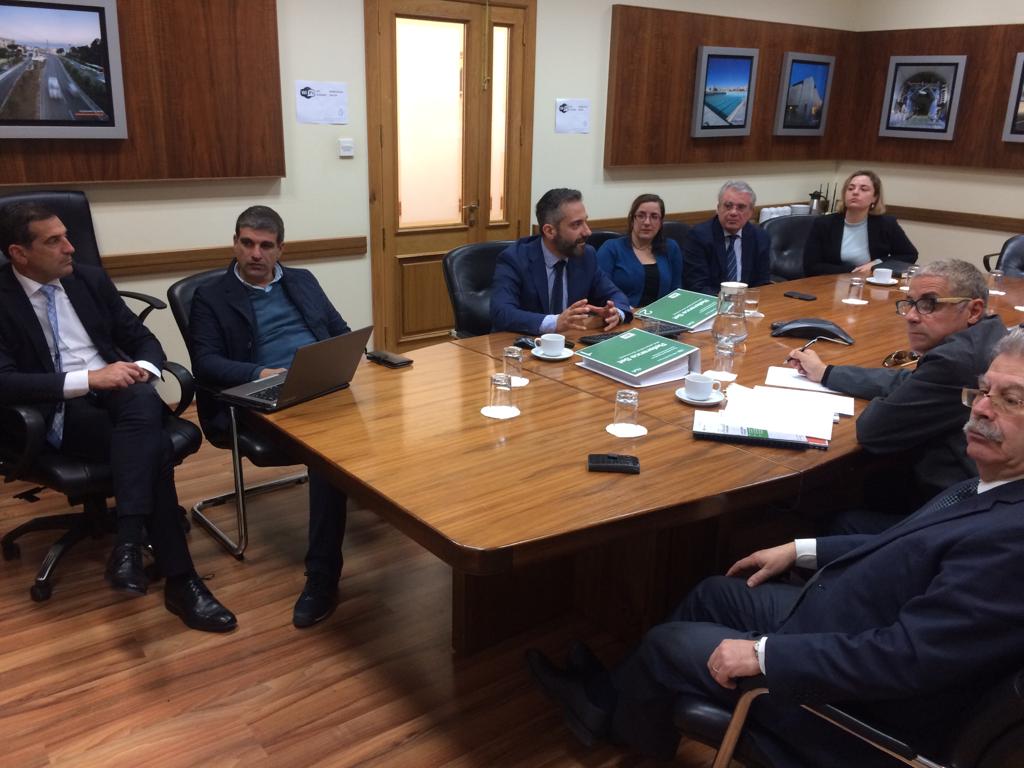
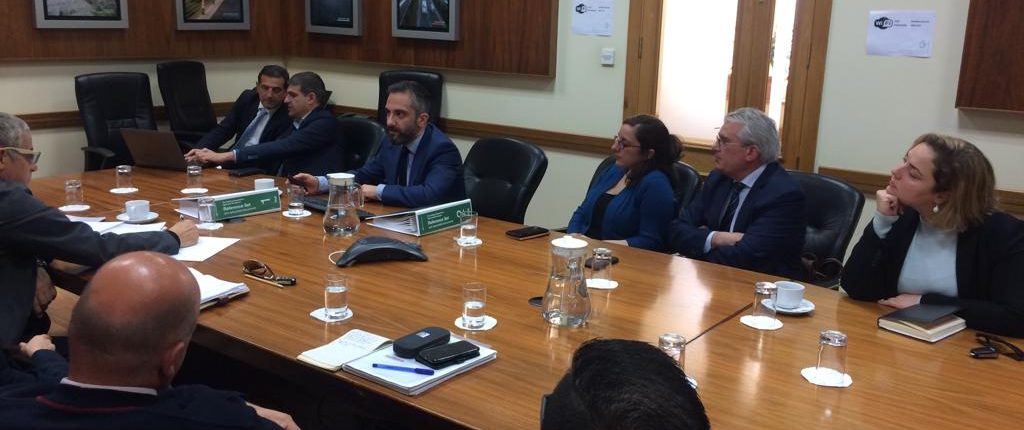
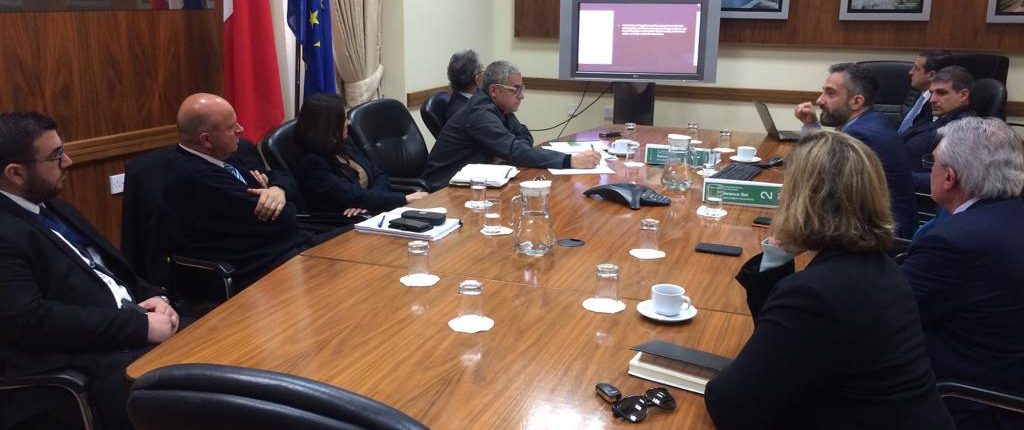
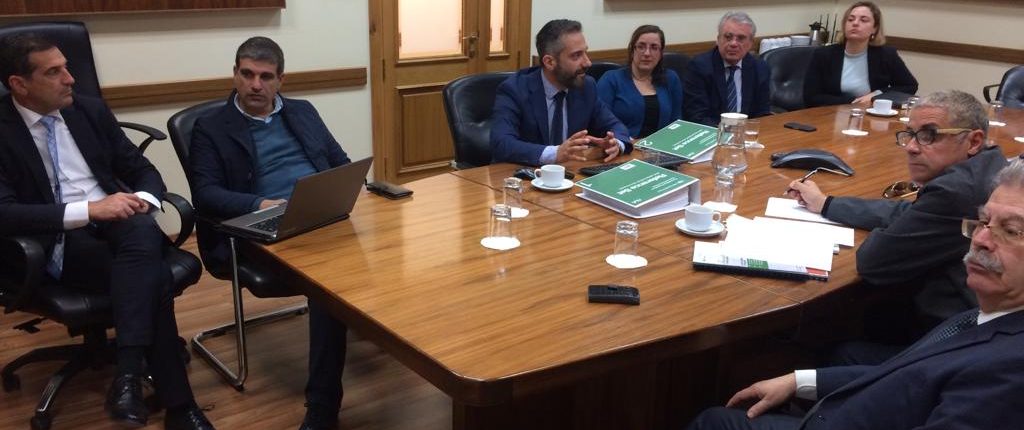
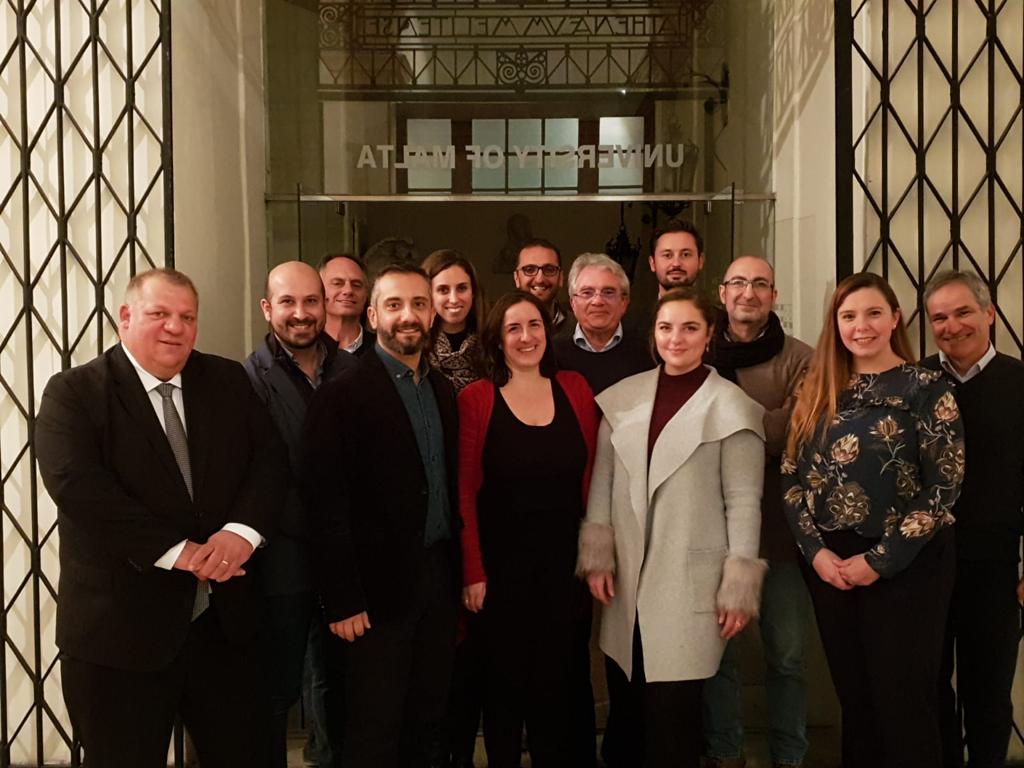
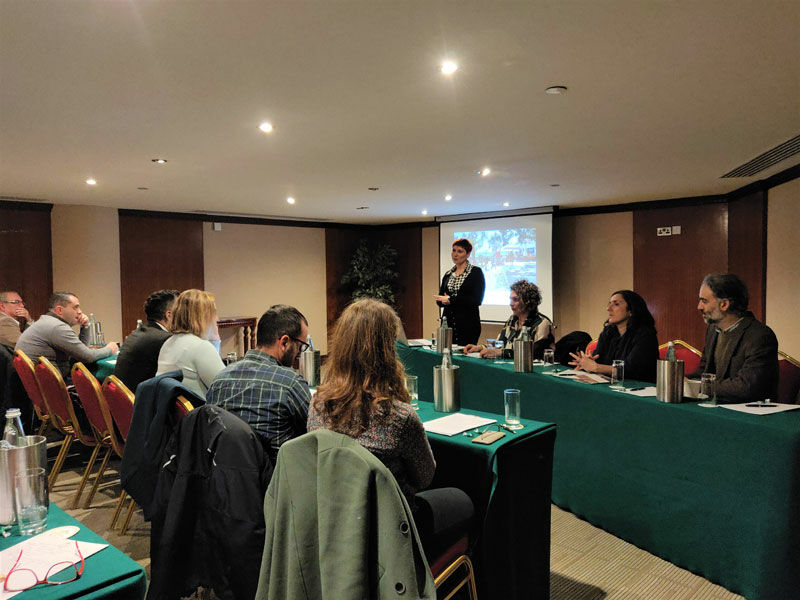
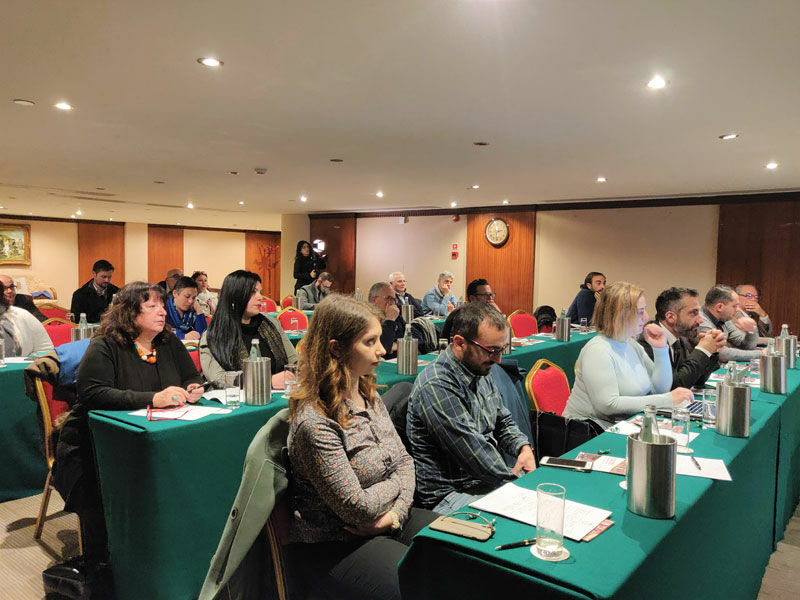
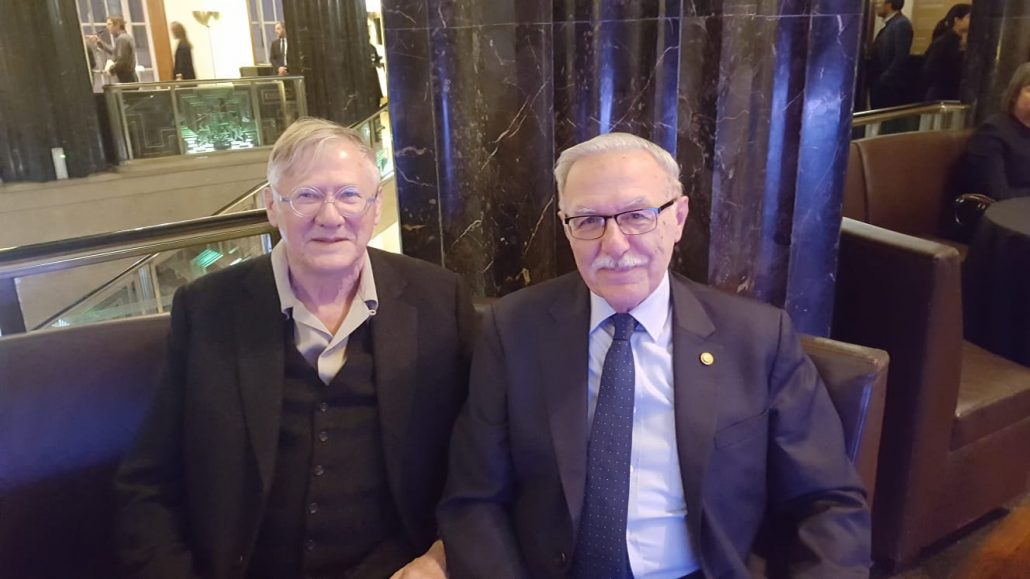
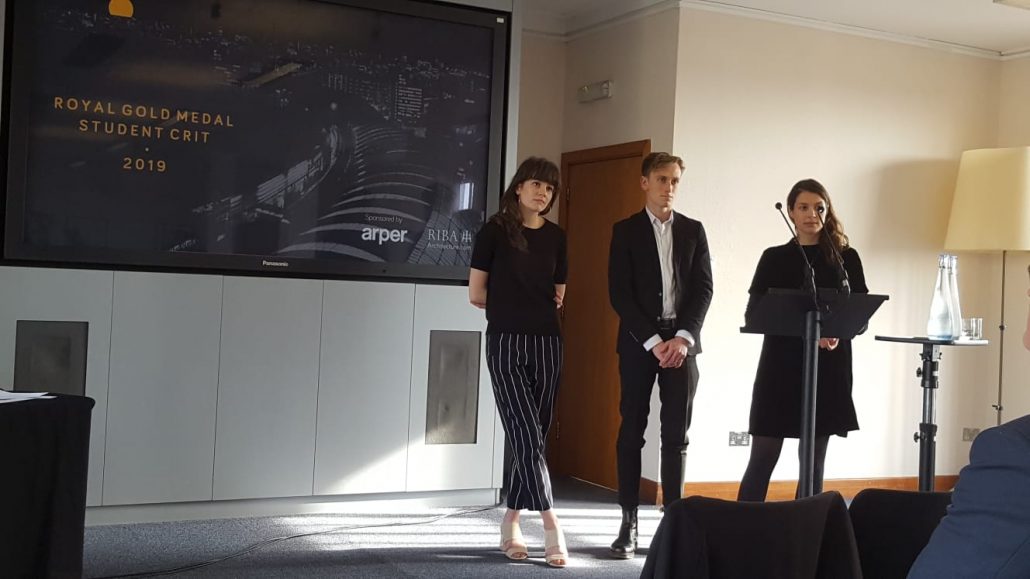
You must be logged in to post a comment.